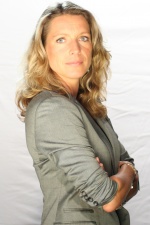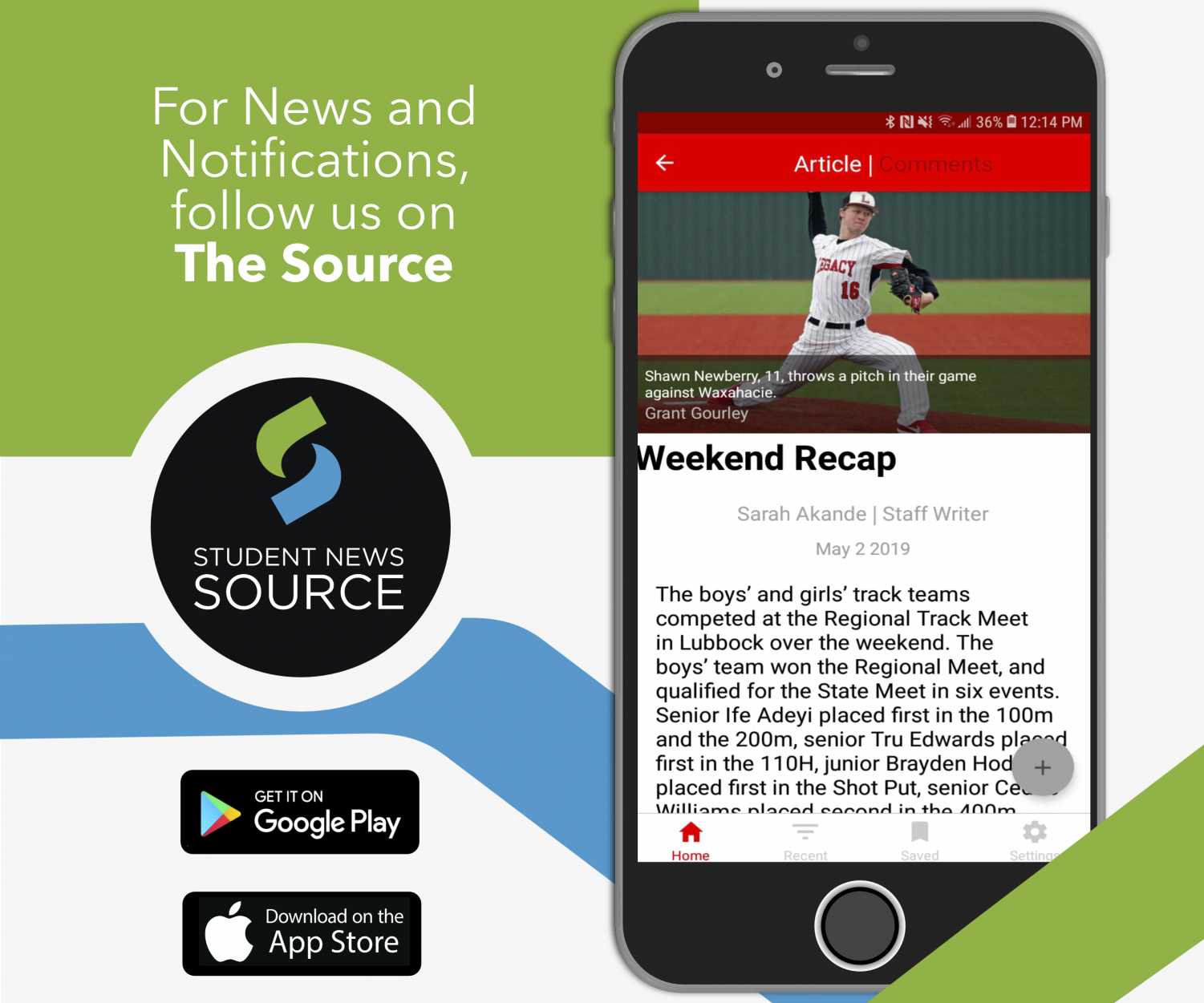Interview with Investigative Journalist and Filmmaker Juliana Ruhfus

June 22, 2020
Juliana Ruhfus is an award-winning journalist, filmmaker and interactive producer. She currently works as the senior reporter for Al Jazeera’s “People & Power” strand, and has had multiple projects in Liberia and cambodia, going undercover to report on violence and human trafficking, She was named as one of the top 100 journalists covering armed violence in 2013. In this interview with Student reporter, Natalie Lahr, she discusses the importance of journalism on a global scale, and the power of the free press to ensure the safety and knowledge of the public.
- What would you say is the most taxing part of your job?
When I develop ideas, I pretty much work as a one (wo)man band and it’s usually only once a story has been a bit developed that I get a director / shooter to work with me. They are freelancers and often we chose them to match the story, depending, for example, on whether they have certain language skills or experience in the particular hostile environment that we are about to visit.
So the lack of a regular team, the constant assembling of stories and crews means a lot of adjusting. I am always excited about the editorial side of stories and the people in them – that’s never exhausting.
- What is the most rewarding part?
I love being able to constantly learn, explore, and test new ideas – not just the content of the stories but also the formats. Documentaries, podcasts, interactive journalism … and I’ve actually just written a draft for a fictional TV series with a script-writer friend. It’s full of journalism, characters, and experiences that come out of my work, but it was so liberating to be set free from having to be 100% factual in the way a documentary has to be and being allowed to let my imagination roam.
- Is there a particular story/ project you have worked on that makes you the most proud?
Yes, I think it’s the interactive Syrian hacking app. I know the web app full of flaws and it doesn’t work properly at times but I love it because it’s a totally new way of interacting with journalism. Everything in it is 100% factual but you actually get to experience the hacks that were used to bait Syrian activists. Each of these hacks has really taken place in real life including the blackmail hack where the hacker’s text is actually taken from an court indictment for a member of the Syrian Electronic Army – spelling mistakes and all. This is a level of detail and engagement that you could never convey in a documentary and that can be quite boring to read as a technical report but suddenly kids in schools were engaging with the app to learn about online safety. We didn’t design it as a tool for that but that’s how teachers used it and I was happy that inadvertently they learned about the war in Syria, too. It would have been cool to do the whole thing again in a more refined way with better functions.
The films that I am proud of are those that actually helped bring about change, for example the Pirate Fishing film that pretty much put a stop to illegal fishing in Sierra Leone (at least for a while) and also the Orphan Business investigation in Cambodia that helped stop international volunteering organisations from offering orphanage tourism as a for-profit programme. Here the very simple question was: if in the UK or the US you wouldn’t have unvetted, untrained, irregular volunteers interact unsupervised with small kids why should anyone make money of such a thing in developing countries? I think the answer is dead obvious: they shouldn’t!
- What originally sparked your interest in journalism?syrian
My friends all say that I am ridiculously curious – I think that has really helped. I am interested the topics of my films anyhow and read voraciously about foreign affairs, economics, psychology … so the possibility of making a living that way just seemed a complete privilege. This also helped me at times when I wasn’t working or making little money – that curiosity saw me through those bad times.
- What do you believe makes your job (and journalism in general) so important and meaningful?
This is something I wonder about a lot these days. I think people have become so divided that everyone stays in their filter bubble and goes online and reads and watches what they believe anyhow. If they are mostly looking for confirmation for and validation of their world views, what does that mean for us as journalists?
Firstly, I believe we have to become more empowering and shouldn’t be merchants of doom and gloom all the time. So we have to tell more stories of people who resist, who fight back. I hope that the film that I made about the killing of politician Marielle Franco in Brazil conveys a bit of the incredible power and courage of the Brazilian women on the ground have and that the film, in spite of the actual topic , is not too depressing. And we should go further with this, although we should never manipulate events we should make an effort to produce works that also feature more people who have a positive vision.
I have been reading a lot of Naomi Klein’s work during the Covid Outbreak and in particular “On Fire” and I feel that she has a clear vision of Climate Justice which I’d like to transmit more because change is necessary. As journalists we can have impact and that’s why the job is meaningful and important to me – even if it means that the responsibility to do the right thing and to stand up for what you think is right can be heavy, too.
- What experience in journalism (either with Aljazeera or otherwise) do you believe has impacted your worldview in some way?
I think the way that you grow up shapes your worldview for life. I come from a very small, remote village in Germany and I never had any idea that I’d end up a journalist, that would have felt like a crazy delusion given what everyone around me was doing. I think that probably makes you a bit more humble and more appreciative – it also means that you’re less likely to come with privilege. All of that matters because our stories shouldn’t be about us, they should always been an expression of what people tell and teach us.
I love working for Al Jazeera. As it is a non-western broadcaster that responds to a global audiences (rather than a domestic audience in the US, England, or Germany) I don’t have to pick stories that have an angle that my domestic audience can relate to which can be a real constraint. In addition, if I make a film in e.g. Nigeria or Somalia it will be scrutinised by our audiences in those countries, which means I have to work twice as hard to produce journalism that reveals something new even to them and I can never ever come with questions or an attitude could be interpreted as patronising or ‘colonial’. That’s quite a bit of (good) pressure!
And lastly what advice would you give to someone looking to enter into this field/ is there anything else you would like the readers of the Cub newspaper to know?
Everyone has a story. If you don’t hear it, it may well be because you’re not listening properly or you’re asking the wrong questions. Don’t think of what matters to you, think of what may matter to the person that you speak to and then try and get your audience to understand why that matters.
In terms of how to get ahead: I think having a specialty really helps a lot. A language, an interest, an expertise whether it’s digital / technical or content. And just keep trying, quite often it’s about being in the right time at the right place and pursuing a lot of different avenues maximises the chances. Rejections are often not personal, it’s just that there isn’t an opening at the time.
Finally, whilst networking is essential, it’s also really important to have a strong community and hobbies outside journalism. You’re quite likely to have to work crazy hours but it’s always good to have an outlet for stress and people who have your back!


